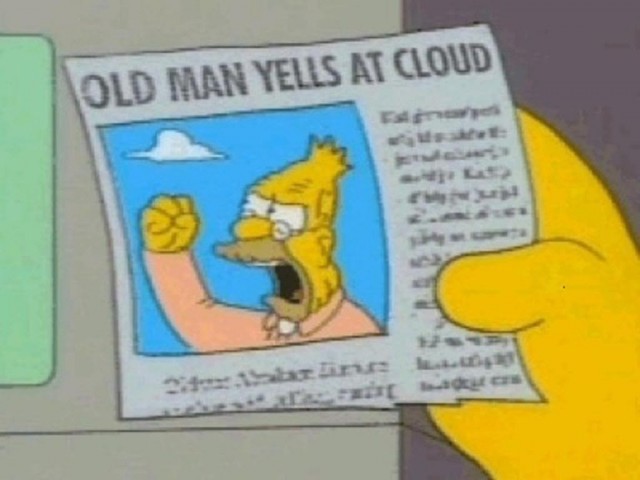Chicago Passes Amusement Tax Ruling, aka “Netflix Tax”

When we buy things online, we pay tax on them. Right? This goes for the sundress and pair of black leggings I recently ordered from Old Navy ($2.83 tax on a $27 bill) as well as the digital copy of Broken Age I bought on Steam ($1.42 tax on a $14.99 bill).
Well, as of July 1, Chicago residents will have to pay a bit more to access their favorite paid streaming services. As the Chicago Tribune reports:
Chicagoans who pay to stream movies and music from services like Netflix and Spotify will now need to fork over an additional 9 percent for the privilege, as will Chicago businesses that pay to use everything from real estate to court databases online, under a decision the city quietly made recently to expand its taxing power.
This is called the Amusement Tax Ruling, by the way, and you can read it in full at the link.
Why is this an issue? Why shouldn’t we pay taxes on our monthly Netflix bill the same way we pay taxes on Steam games? As Mediaite reports in their charmingly headlined “Rahm Emanuel’s Chicago Wants to Tax the F*ck Out of Netflix” (asterisk theirs):
Cloud-based services like Netflix and Spotify will work the same anywhere in the world, so long as the user has a decent Wi-Fi connection. Taxes, however, are usually anchored down to a specific place — countries, states, cities, counties. So how the hell is this going to work?
I feel like the “how the hell is this going to work” is going to be something like “well, you’re going to input your zip code along with your credit card billing information, and if your zip code is in Chicago they’ll add the tax.” Maybe IP addresses will be involved.
The Verge also considers this new tax a “serious problem:”
It’s a puzzling tax, cutting against many of the basic assumptions of the web, but the broader implications could be even more unsettling. Cloud services are built to be universal: Netflix works the same anywhere in the US, and except for rights constraints, you could extend that to the entire world. But many taxes are local — and as streaming services swallow up more and more of the world’s entertainment, that could be a serious problem.
The Verge’s issue is that people in Chicago have to pay more than people in Springfield or Peoria for the same thing. Well, sure, but people in Chicago pay more than people in Peoria for all kinds of things. Like apartment rentals, or groceries. You can look this stuff up; beer generally costs more in Chicago, internet generally costs more in Peoria. Where you live does make a difference.
And there are states out there that already tax Netflix subscriptions, such as Florida and Washington State. This just doesn’t seem like that big of a deal; it certainly doesn’t seem like a “serious problem.”
I think we’ll be likely to see other cities follow Chicago’s example, as the Chicago Tribune states that the city hopes to bring in $12 million per year by taxing cloud-based services. This will only be a Chicago thing for a little while, and then we’ll all end up paying taxes on Netflix — right? Can you see it going any other way?
Do you think charging city-based tax on a cloud service like Netflix is a problem? Or do you see Netflix and Spotify as another thing you buy, just the same as a pair of Old Navy leggings or a six-pack of beer, and think cities and states should be able to levy taxes on these purchases?
Support The Billfold
The Billfold continues to exist thanks to support from our readers. Help us continue to do our work by making a monthly pledge on Patreon or a one-time-only contribution through PayPal.
Comments